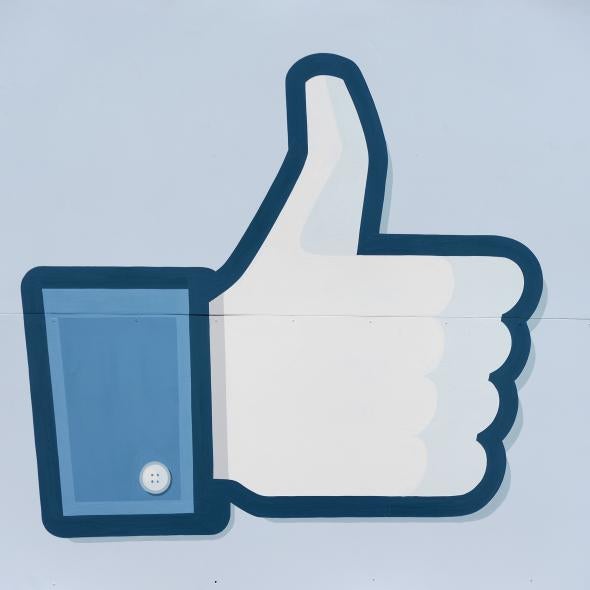There’s a lot of data to digest in Freedom House’s new Freedom on the Net report, released today. One relatively new development that jumped out at me is governments—including those considered relatively democratic—criminalizing the “liking” of illegal content on Facebook.
In India last year, the report notes, “at least 11 users were charged under the so-called IT Act for posting or “liking” posts on Facebook. In one of the best-known cases, police arrested a woman for complaining on Facebook about widespread traffic and service disruptions in her town to mark the death of the leader of a right-wing Hindu nationalist party. The woman’s friend, who “liked” the comment, was also arrested.”
In the Philippines, a government lawyer defending the country’s new internet law warned that “liking a defamatory Facebook post is tantamount to committing libel.” In Thailand, which has strict laws against insulting the monarchy, “the ICT minister warned users that “liking” lese-majeste content on Facebook could result in prosecution for “indirectly distributing inappropriate content.”
Overall, one of the more discouraging things about the report is that the biggest setbacks for Internet freedom this year happened in democracies. India showed the biggest decline. The United States–though still very free by international standards–lost five points off its score thanks mainly to the NSA spying revelations. Brazil, perhaps the government most critical of the United States following the Snowden leaks, declined as well thanks to “increasing limitations on online content, particularly in the context of the country’s stringent electoral laws.”
Iceland has the world’s freest internet, according to Freedom House, and Iran’s is the least free. Myanmar showed the greatest improvement.
